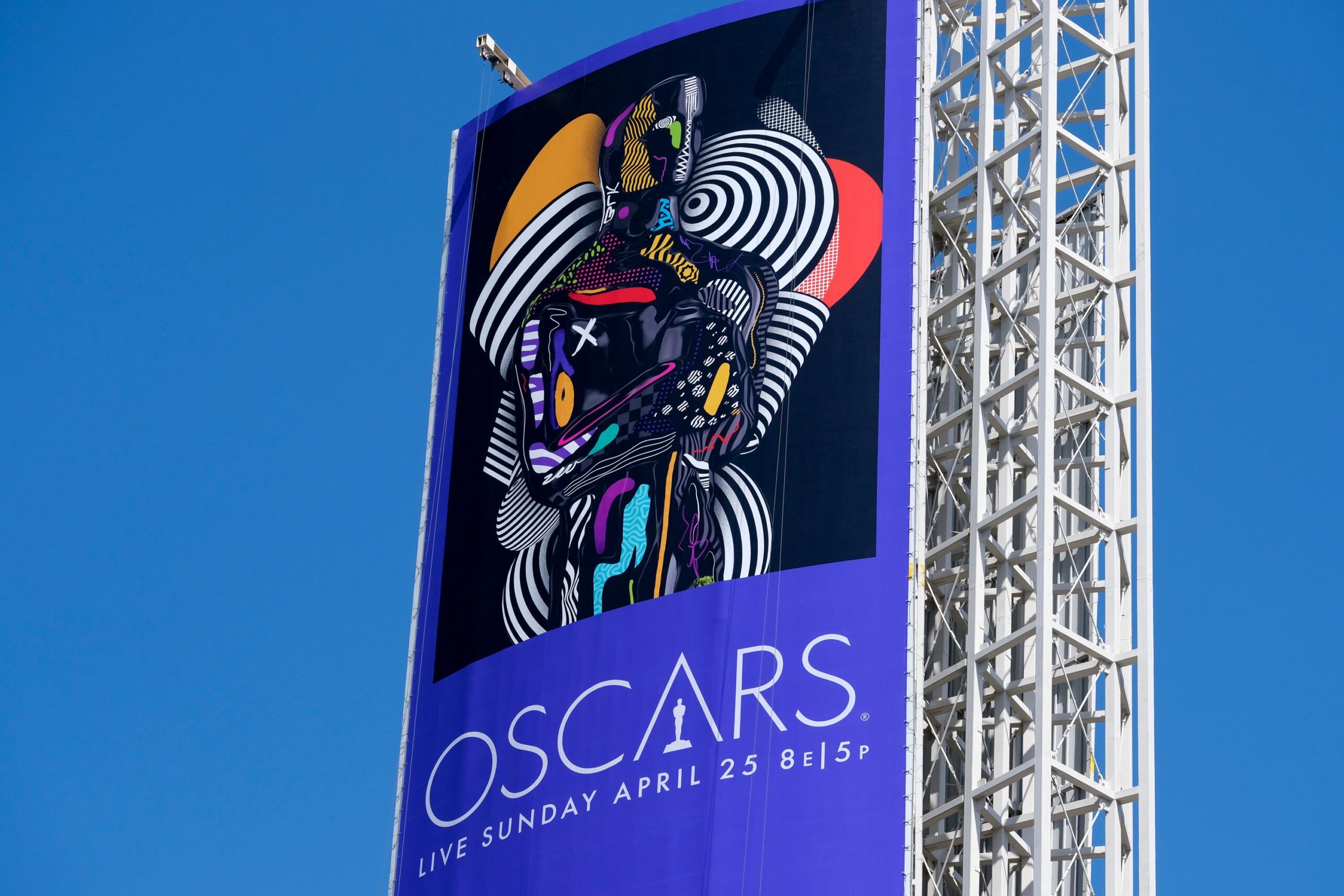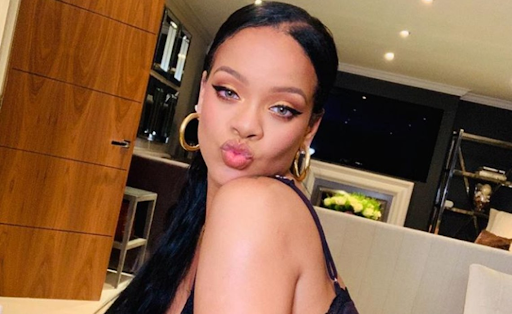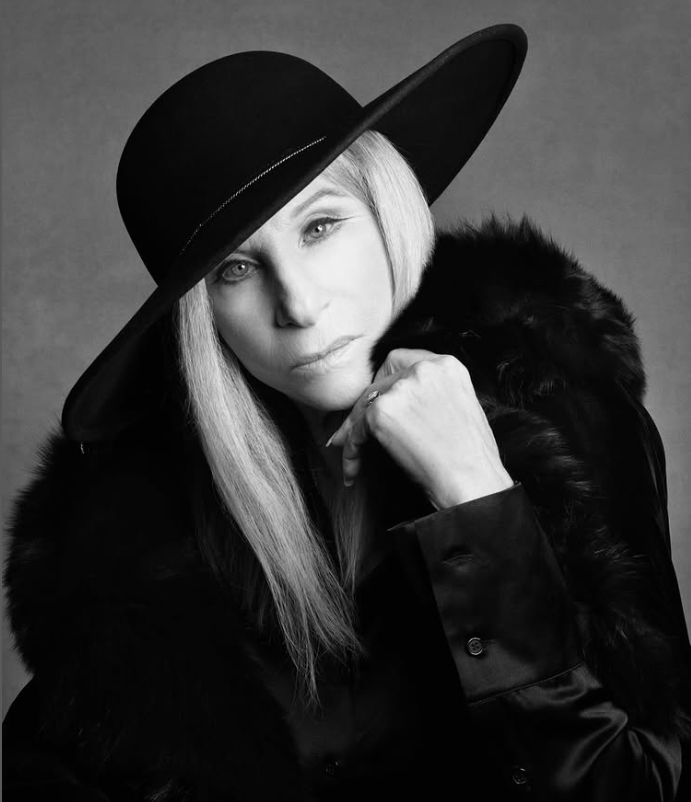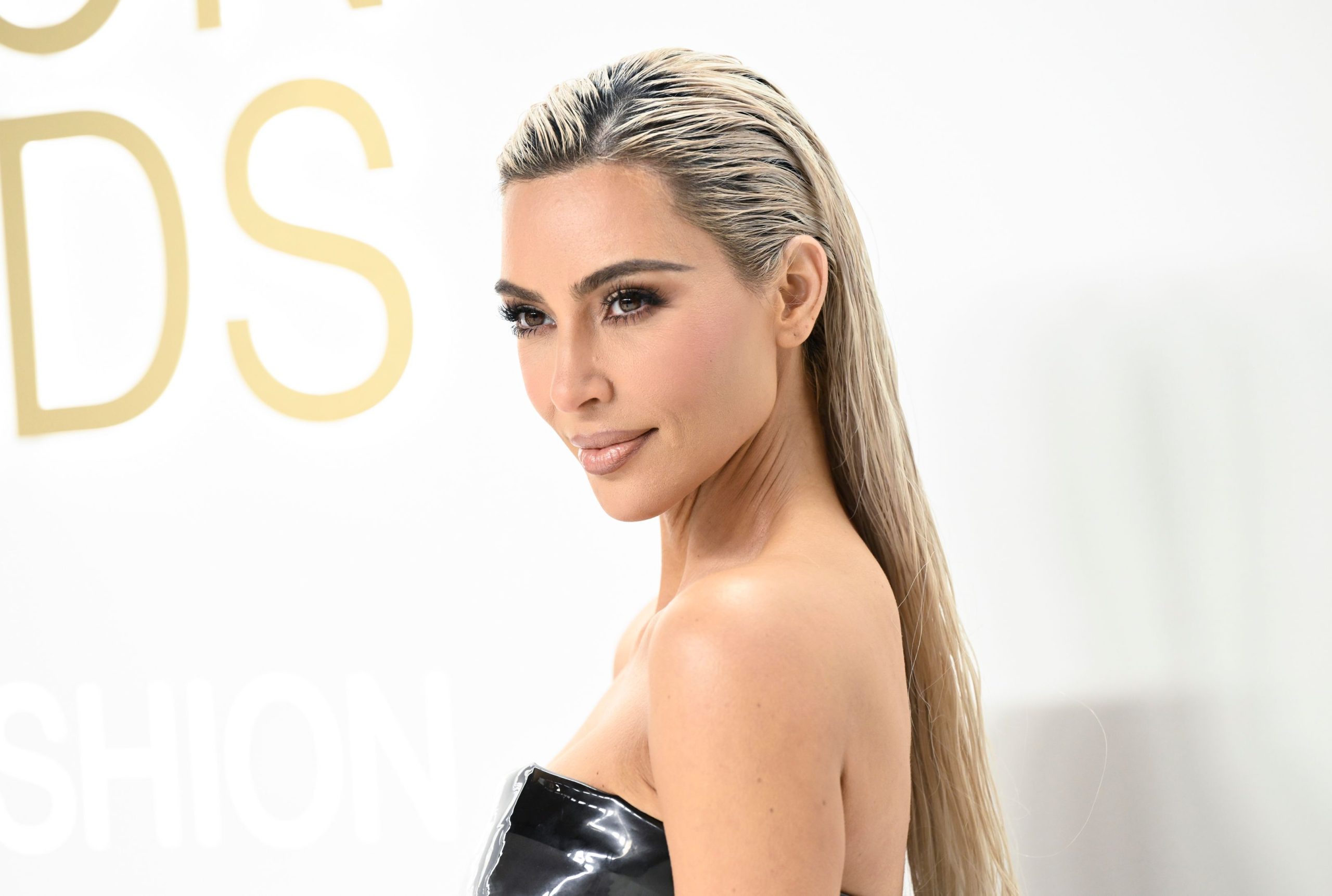
By Ringo Chiu - Shutterstock
This year, the Oscars attempted to host a semi-virtual ceremony that was supposed to play out like a movie.
It did this with mixed levels of success — until the ending.
For weeks leading up to the Oscars, speculators agreed on one thing: The late Chadwick Boseman seemed guaranteed to win Best Actor for his performance in Ma Rainey’s Black Bottom. The show’s producers seemed to agree with this prediction, and they even moved the Best Actor award to the very end of the show, clearly expecting that Boseman would win and that the show would end with a bittersweet, emotional tribute to an extraordinary talent gone far too soon.
Instead, to everyone’s surprise, Sir Anthony Hopkins won the award, apparently throwing everyone for a loop. Even worse, Hopkins — now, at 83, the oldest person ever to win Best Actor — was not even at the ceremony. Instead, he was fast asleep across the Atlantic, and Joaquin Phoenix had to accept the award on his behalf.
The show ended abruptly, leaving many fans feeling disappointed and enraged.
Some compared the Oscars’ fumble to the infamous 2018 La La Land/Moonlight mix-up, when a presenter initially gave the award to the former before course-correcting to award the latter.
Others were unpleasantly reminded of other shows that had let them down.
In some ways, the ending feels strangely well-suited for a year of cancellations and unfathomable losses. So much was taken away this year, and there was often little comfort, redemption, or clear understanding to be found.
Even as the rate of vaccinations is going up in America, millions are still getting sick and dying around the world. There is no good ending to this plague year, nor all the tragedies it invoked and exposed, just as there was no good ending to the Oscars.
Following the show’s anticlimactic conclusion, some chose to find higher meaning in it all. Franklin Leonard wrote that Chadwick would “want us to go back to work tomorrow aiming unconscionably high in both art and humanity,” a sentiment that feels about as redemptive as any observation on what happened could possibly be.
Honestly not even stressed about Chadwick not winning, because I know Chadwick wouldn’t have been stressed about no… https://t.co/qP2UuLpDWj— Franklin Leonard (@Franklin Leonard) 1619408187
For his part, Hopkins shared a video early Monday morning acknowledging his win. “At 83 years of age, I did not expect to get this award. I really didn’t,” the Welsh actor said. “I’m very grateful to the Academy. Thank you. I want to pay tribute to Chadwick Boseman, who was taken from us far too early. And again, thank you all very much. I really did not expect this, so I feel very privileged and honored, thank you.” Hopkins had been in Wales visiting his father’s grave.
Aside from its ending, the show did have some high points and historic moments. Nomadland, a story about life after the death of the American dream, garnered the award for Best Picture. Director Chloé Zhao made history as the first woman of color nominated for Best Director and naturally became he first to win; and actress Frances McDormand won Best Actress.
The film was another appropriately reflective choice for the current cultural moment. Anticlimactic and sparse, Nomadland is a meditation on absence and grief that lacks the pomp and circumstance of most Oscar winners, but that clearly resonated this year, perhaps because of its silence and quiet disillusionment.
Watch our breakdown of Nomadland, our (accurate) Oscars predictions, and discussion of diversity in the film industry in 2021:
Are the Pandemic Oscars Still #OscarsSoWhite?youtu.be
Daniel Kaluuya won for best supporting actor for his role as Fred Hampton in Judas and the Black Messiah, and his acceptance speech contained a few gems, including a tribute to Hampton and to the Black Panthers.
“They showed me how to love myself,” he said of Hampton’s Panthers Huey P. Newton and Bobby Seale. “With that love, they overflowed into the Black community and into other communities. They showed us the power of unity.”
He also thanked his mom and thanked his parents for having sex, later backtracking and saying, “I really shouldn’t have said that!” Still, the power of his speech and performance ensures all is forgiven.
Yuh-Jung Youn won best supporting actress for her role in Minari, making history as the first Korean actor to win in the category and the first Asian woman to win in the category since 1957. She also gave a charming acceptance speech.
Emerald Fennell took home Best Original Screenplay for Promising Young Woman. H.E.R. accepted the award for Best Original Song for her track “Fight for You,” featured in Judas and the Black Messiah. Pixar’s Soultook Best Original Score.
As usual, the Internet latched on to a few quirky highlights from the ceremony, including Glenn Close’s instantly iconic “Da Butt” knowledge drop and dance.
GLENN. CLOSE. IS. AN. ICON. https://t.co/05zUGid0c6— BuzzFeed (@BuzzFeed) 1619405301
Did not have Glenn Close doing Da Butt and knowing as much as she did about the song on the 2021 Oscar bingo card https://t.co/yJr9b6UWIV— Jemele Hill (@Jemele Hill) 1619405893
Others gawked at Halle Berry’s blunt haircut. (Actually, though, she looked pretty great).
SOMEONE WANNA EXPLAIN TO ME WHY HALLE BERRY’S HAIRDRESSER GAVE HER A LORD FARQUAAD CUT https://t.co/R4wuhZdusR— ɐᴉɯ (@ɐᴉɯ) 1619403000
Halle Berry at the #Oscars https://t.co/et6QtHjUnC— Film Updates (@Film Updates) 1619394682
All in all, it was a rough and strange ceremony at the end of a rough and strange year, when movie theaters were mostly closed and many studios were forced to stop filming. The ending of the show, with its promises of catharsis that faded into a shocking and unfulfilling twist, felt like salt in a still-fresh wound in more ways than one.
And yet as Leonard and many others have said, Chadwick Boseman exemplified grace and greatness. That legacy is far more valuable and everlasting than any award.












